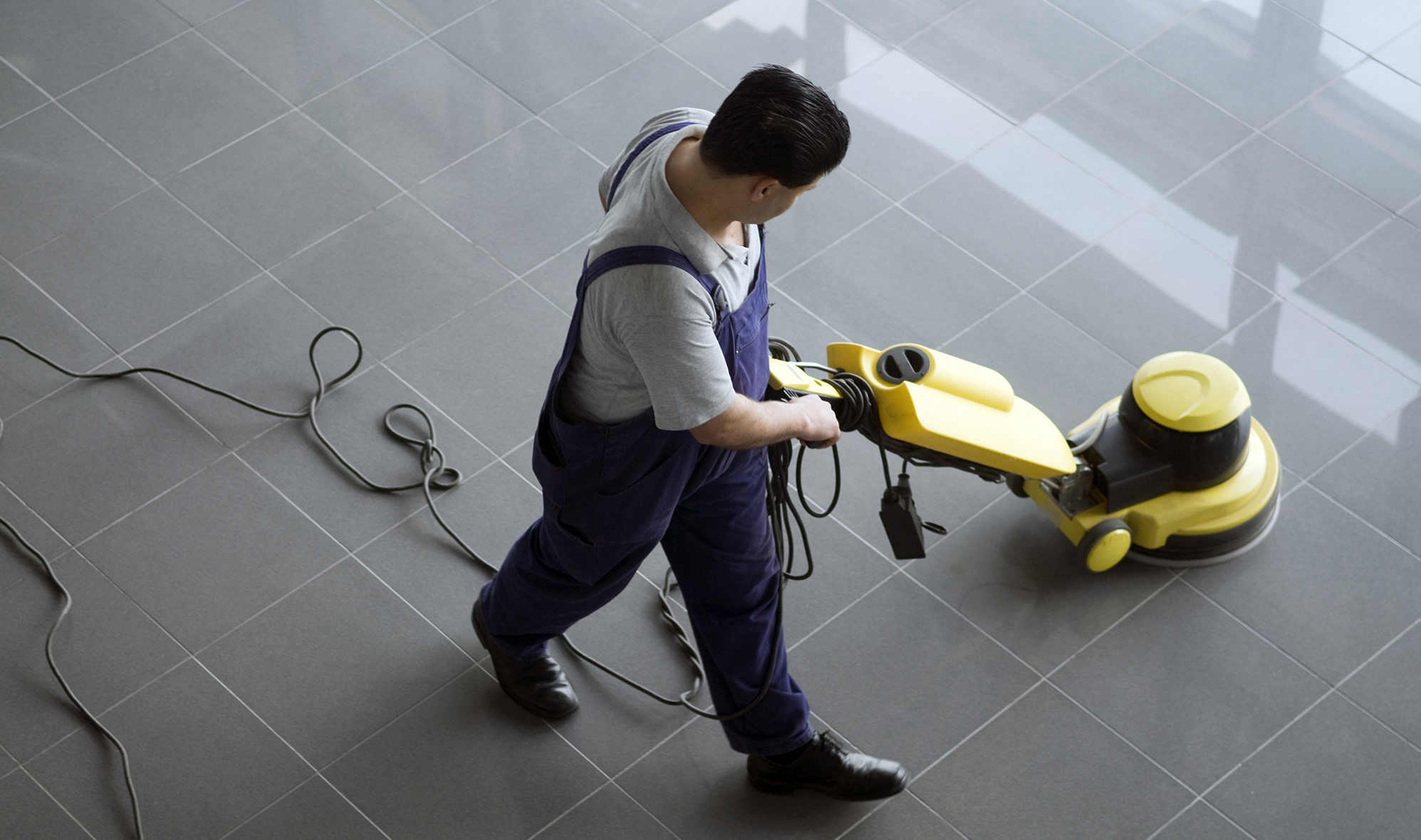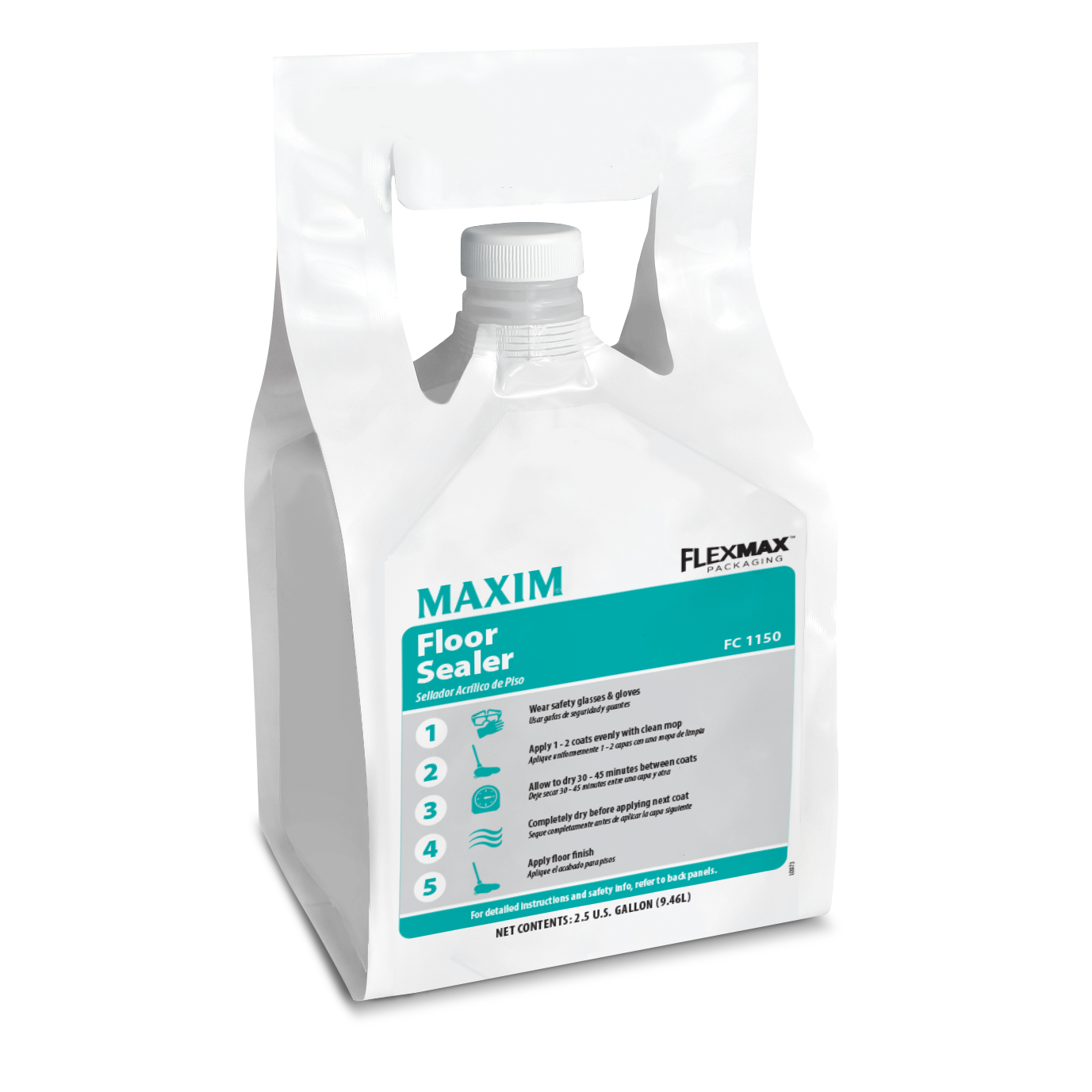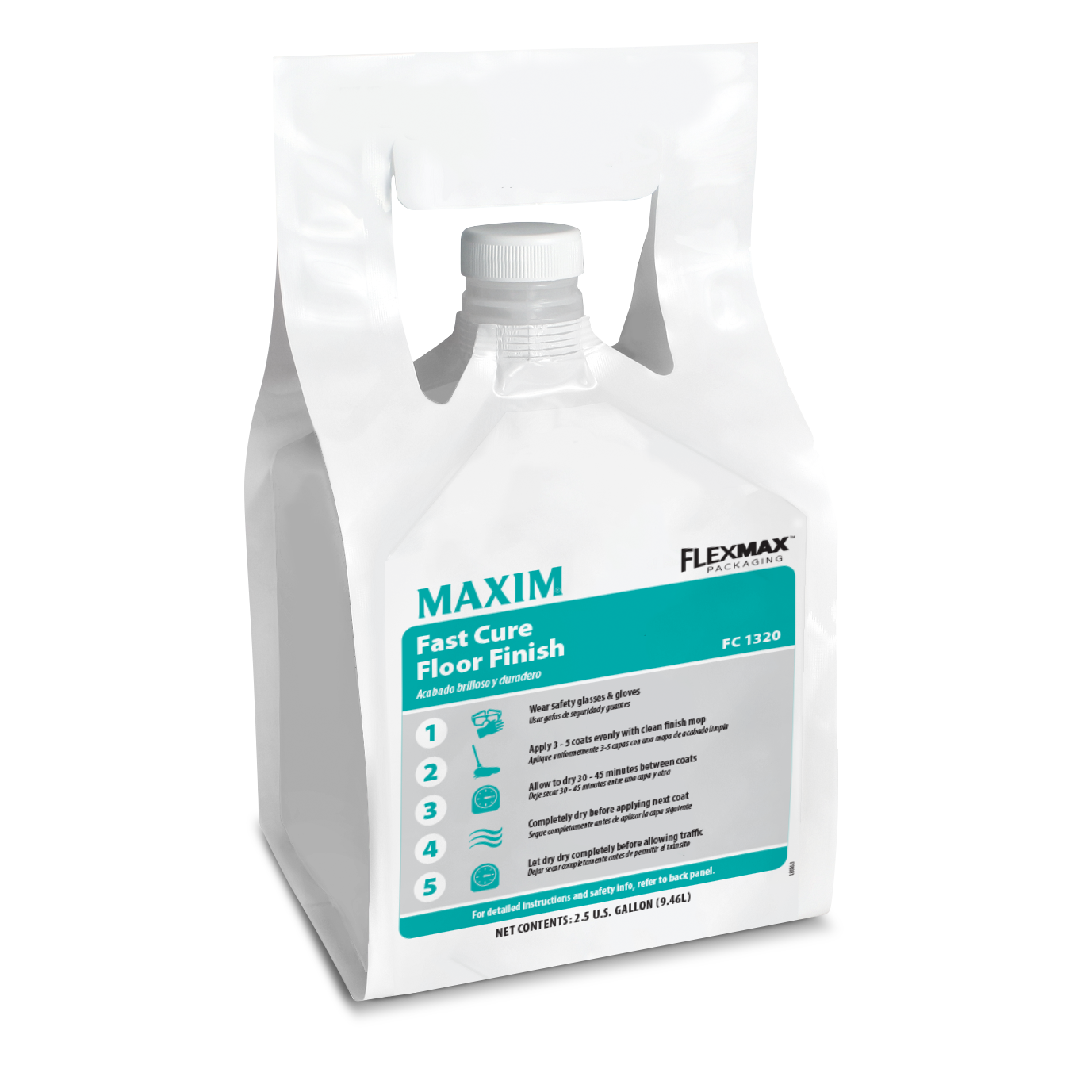With so much information on floor care out there these days, it can be difficult to determine which products and maintenance plans are really best suited for your commercial vinyl floors.
We’re here to make the process easier and more efficient by helping you understand the pros and cons of vinyl flooring like VCT (vinyl composite tile) in commercial facilities.
Commercial Floor Care: The VCT Edition
Have questions about VCT? You’re not alone—vinyls like VCT are everywhere. In fact, the vinyl tile market is projected to continue rising through 2028, as it has steadily over the past few years.* With all this love for VCT, it’s natural for facility managers, business owners, and distributors to have questions about maintaining their floors and maximizing their investments.
To help save you time and money, we’ve compiled some of the most frequently asked questions about this popular type of vinyl flooring. Keep reading for cost-saving advice on caring for your VCT, straight from the floor care experts at Midlab.
What does VCT mean in flooring?
First things first: For those new to it, VCT is a type of vinyl flooring that stands for Vinyl Composite Tile. VCT has been a popular flooring choice for decades, but has come a long way in terms of modernizing its “traditional” designs and enhancing techniques for cleaning and maintaining the material.
Is VCT flooring good for commercial use?
Vinyl floors like VCT can be a great option for many different types of commercial facilities, such as schools, institutions, and retail stores. This material is especially good for high-traffic facilities or areas because it’s low-cost and generally easy to maintain.

If the design element is important to you, VCT is also typically available in multiple styles and patterns, allowing you to customize the look and feel of your building’s interior.
Which is better: LVT or VCT?
Like any material, Luxury Vinyl Tile (LVT) and VCT both have their advantages and disadvantages. Determining which is best for you depends on the type of commercial building it will go in and what you’re looking for in flooring (low cost, nice design, easy cleaning and maintenance).
In this case, if you’re looking for an easier maintenance system, LVT may be the flooring for you. But if you’d prefer an affordable commercial flooring option that requires a bit more maintenance, VCT may offer better benefits. It all comes down to your goals.
How do you restore a VCT floor?
In commercial floor maintenance, VCT should be waxed and buffed using high-performance products that are specially designed to enhance its appearance and improve its resistance to soils. If you’re looking to make VCT floors shine, regular cleaning and yearly restoration (every 12-18 months) of VCT should be part of your maintenance plan.
What is the best cleaner for vinyl flooring?
 When sealing VCT floors, we recommend the MAXIM® Floor Sealer, which is compatible with all types of acrylic emulsion finishes.
When sealing VCT floors, we recommend the MAXIM® Floor Sealer, which is compatible with all types of acrylic emulsion finishes.
Special soil wetting agents allow the sealer to penetrate and seal microscopic pores and ridges on the surface. This product is especially helpful as a base coat on old or worn VCT prior to applying a floor finish.
 When refinishing VCT floors, we recommend the MAXIM® Fast Cure Floor Finish. This durable floor finish is specially formulated to cure fast and help extend the life of your VCT.
When refinishing VCT floors, we recommend the MAXIM® Fast Cure Floor Finish. This durable floor finish is specially formulated to cure fast and help extend the life of your VCT.
When used as directed, it helps resist scuffing, soiling, and everyday wear and tear—even in high-traffic areas. The end result is an efficient floor care system and more time between strips and recoats.
Ready to Maximize Your Vinyl Floors?
At Midlab, we believe a superior building maintenance program starts with high-quality, high-performance products. To provide premium-level protection and help repair everyday floor damage with ease, MAXIM® products are formulated to stand up against dirt, oils, abrasive particles, and grime on vinyl surfaces like vinyl composite tile.
If your facility has VCT, let’s chat! Head to MaximFloorCare.com to reach out or learn more about how a comprehensive MAXIM® program can help you clean, maintain, and restore your vinyl floors with ease.
*Based on a study on the vinyl flooring market value worldwide from 2016 to 2023, retrieved from Statista.com.

